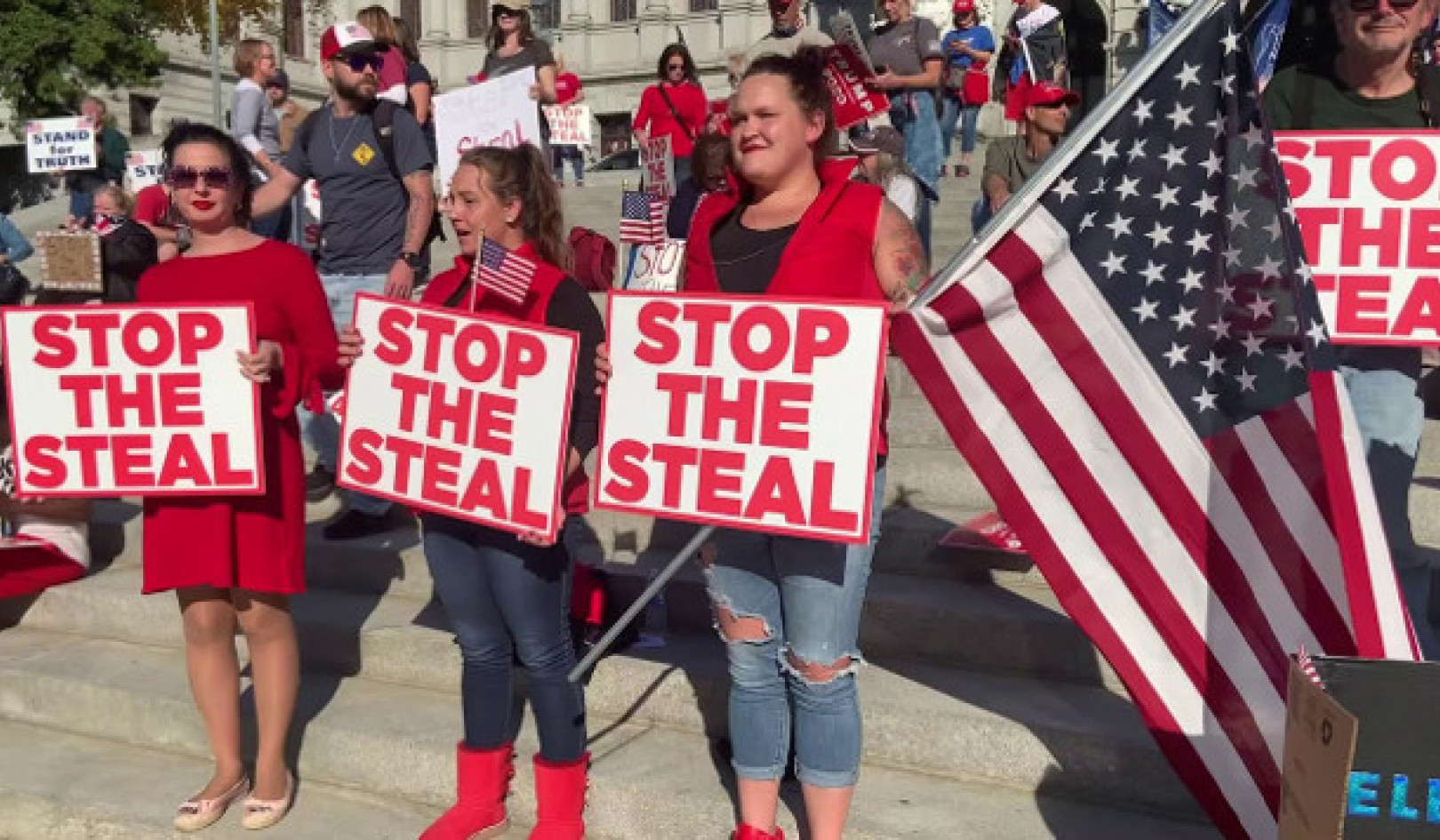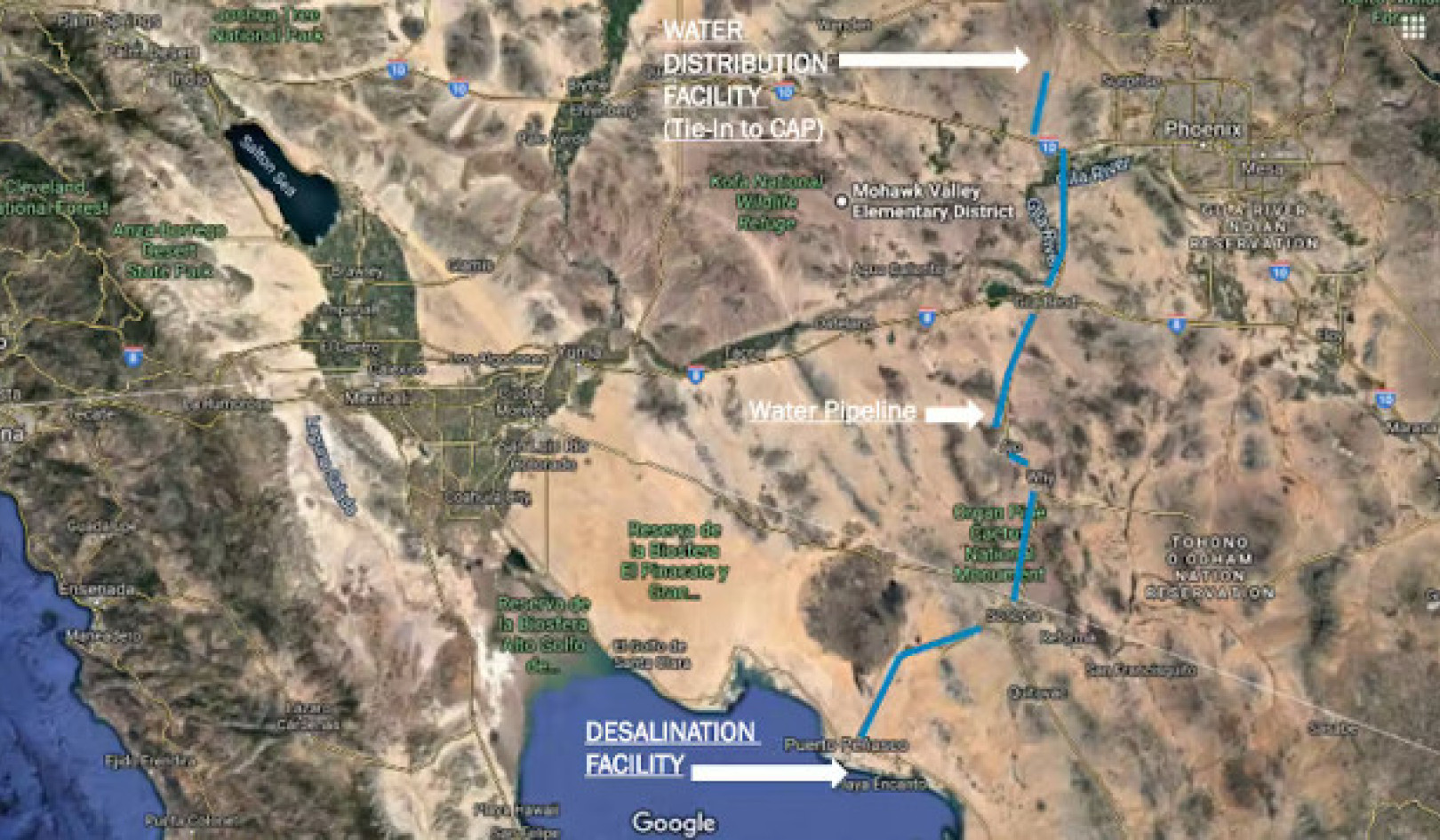
誰もがパイのスライスを望んでいます。 Getty Images経由のWestend61
Imagine you and your friend are at a party and someone orders pizza.あなたとあなたの友人がパーティーにいて、誰かがピザを注文したと想像してみてください。 You're starving.あなたは飢えています。 You put a couple of slices on your plate and sit down at the table.あなたはあなたの皿にいくつかのスライスを置き、テーブルに座ります。 Before you start eating, you excuse yourself to wash your hands.食事を始める前に、手を洗うことを許します。
On your way back from the bathroom, you look across the room just in time to see your friend grab one of the slices off your plate and start to eat it.トイレから帰る途中、ちょうど間に合うように部屋を見渡して、友達が皿からスライスのXNUMXつをつかんで、それを食べ始めるのを見る。 This would probably make you mad, right?これはおそらくあなたを怒らせるでしょう? You might even feel an urge to get back at them somehow.どういうわけか彼らに戻りたいという衝動さえ感じるかもしれません。
Now imagine a slightly different scenario.ここで、少し異なるシナリオを想像してください。 You and your friend are at the same party but before you have the chance to get pizza, you excuse yourself to wash your hands.あなたとあなたの友人は同じパーティーにいますが、あなたがピザを手に入れる前に、あなたは手を洗うことを許します。 While you're gone, the pizza is served and your friend grabs a couple slices for themself but only one for you.あなたがいなくなっている間、ピザが出され、あなたの友人は彼ら自身のためにいくつかのスライスをつかみますが、あなたのためにXNUMXつだけです。
This would also probably make you kind of mad, right?これはおそらくあなたをちょっと怒らせるでしょう? But why?しかし、なぜ? This time your friend didn't actually steal your pizza, so why does it feel like they did something wrong?今回、あなたの友人は実際にあなたのピザを盗んだのではないのに、なぜ彼らが何か間違ったことをしたように感じるのですか?
答えは、不公平だけが動揺しているということです–不公平な結果から利益を得た人々を罰するように人々を駆り立てるのに十分動揺しています。
My 同僚 & I 最近完了しました 心理学実験 that supports this concept.この概念をサポートします。 The idea that unfairness alone can motivate punishment runs counter to a lot of existing research that suggests不公平だけで罰を動機付けることができるという考えは、示唆する多くの既存の研究に反しています。 罰 主にによって駆動されます 復讐.
Why does this matter?なぜこれが重要なのですか? Because understanding what motivates punishment can help shed light on the functions it serves in human societies – and possibly even why punishment evolved in the first place.罰の動機を理解することは、それが人間社会で果たす機能に光を当てるのに役立つ可能性があるため、そしておそらく罰がそもそもなぜ進化したのかさえも。
抑止力と平準化
復讐に基づく罰は、重要な抑止機能を果たす可能性があります–あなたを傷つけた人々が将来より良く行動することを奨励します。
一方、不平等に基づく罰は、重要な平準化機能を果たす可能性があります。つまり、周囲の人よりも悪化しないようにし、競争力を高める可能性があります。または、少なくとも他の人がステップアップしすぎないようにします。 。
 人間は何年もの間正義に関心を持ってきました。 ゲッティイメージズ経由のgeorgeclerk / E +
人間は何年もの間正義に関心を持ってきました。 ゲッティイメージズ経由のgeorgeclerk / E +
In our study, we wanted to understand what drives people to punish others.私たちの研究では、何が人々を他人を罰するように駆り立てるかを理解したかったのです。 Is it revenge, inequity or both?それは復讐、不平等、またはその両方ですか?
We paired up thousands of participants who had never met in an online economic game in which they made decisions about real money.私たちは、実際のお金について決定を下すオンライン経済ゲームで会ったことのない何千人もの参加者をペアにしました。 In one condition, just as in the first pizza example, one player stole money from another player.ある条件では、最初のピザの例と同じように、あるプレーヤーが別のプレーヤーからお金を盗みました。 In some cases, depending on the amount of money the victim started with, stealing meant the thief ended up with more money than the victim.場合によっては、被害者が始めた金額によっては、盗むということは、泥棒が被害者よりも多くのお金を持ってしまうことを意味していました。
We expected this theft would motivate victims to punish and we were right: People do not like being stolen from and would pay to punish thieves, reducing their income in the game.私たちは、この盗難が被害者を罰する動機になると予想し、私たちは正しかった。人々は盗まれることを嫌い、泥棒を罰するためにお金を払って、ゲームでの収入を減らした。 This evidence supports the idea that punishment is motivated by revenge.この証拠は、罰が復讐によって動機付けられているという考えを支持しています。
However, this scenario didn't tell us whether people also punish in response to unfairness.しかし、このシナリオでは、人々が不公平に応じて罰するかどうかもわかりませんでした。 To test this possibility, we designed a similar situation – one that resulted in one player ending up with more than the other – but, in this case, no theft occurred.この可能性をテストするために、同様の状況を設計しました。XNUMX人のプレーヤーが他のプレーヤーよりも多くなる結果になりましたが、この場合、盗難は発生しませんでした。 Rather, like the second pizza example, one player had a chance to gift money to the other player, at no cost to themself, or the money disappeared.むしろ、XNUMX番目のピザの例のように、一方のプレーヤーがもう一方のプレーヤーに無料でお金を贈る機会があったか、お金が消えました。
In these cases, a player who refused to give money to the other would sometimes end up with more money – the unfair outcome we were curious about.これらの場合、他のプレーヤーにお金を与えることを拒否したプレーヤーは、より多くのお金で終わることがありました–私たちが興味を持っていた不公平な結果。 Interestingly, we found people were more likely to punish when they had less money than the other player – even when no theft had occurred.興味深いことに、盗難が発生していなくても、他のプレイヤーよりもお金が少ないと、人々が罰する可能性が高いことがわかりました。
これは、盗難のような直接の違反がなくても、不公平だけで罰を動機付けるのに十分であることを示しました。
多目的行動
Our new findings are exciting because they suggest that people have different motivations to punish others.私たちの新しい発見は、人々が他人を罰するさまざまな動機を持っていることを示唆しているため、エキサイティングです。 Sure, people are motivated to seek revenge on those who have stolen from them, but they are also willing to punish in cases where they simply have less than others.確かに、人々は彼らから盗まれた人々への復讐を求める意欲がありますが、彼らは単に他の人よりも少ない場合には罰することもいとわないです。
This finding suggests punishment likely evolved for different uses – deterrence as well as leveling the playing field – showcasing how one behavior can serve different functions.この発見は、罰がさまざまな用途(抑止と競技場の平準化)で進化した可能性が高いことを示唆しており、XNUMXつの行動がさまざまな機能をどのように果たすことができるかを示しています。 That punishment can serve such different functions implies that both deterrence and resource leveling might have increased the genetic fitness of our ancestors.罰がそのような異なる機能を果たすことができるということは、抑止と資源平準化の両方が私たちの先祖の遺伝的適応度を高めたかもしれないことを意味します。 In other words, as humans evolved, people who punished to deter others or level the playing field passed on more of their genes than those who punished less.言い換えれば、人間が進化するにつれて、他人を思いとどまらせたり、競技場を平準化するために罰した人々は、罰が少ない人々よりも多くの遺伝子を伝えました。
So next time you're deciding whether to take more than your fair share of pizza, maybe think twice.ですから、次にピザの公平なシェアを超えるかどうかを決めるときは、よく考えてみてください。 Otherwise you might unwittingly become the target of a hungry punisher looking for justice.そうでなければ、あなたは無意識のうちに正義を探している空腹のパニッシャーの標的になるかもしれません。![]()
著者について
Paul Deutchman、心理学の博士号候補、 ボストン大学
この記事はから再公開されます 会話 クリエイティブコモンズライセンスの下で 読む 原著.
























